Experts say this trend may continue as Washington cuts research budgets and tightens control over foreign talent, while Beijing accelerates investment in domestic innovation.
The “reverse brain drain” phenomenon is raising concerns about the long-term ability of the US to maintain its global scientific appeal. This could also directly affect the competition between the two powers in strategic areas such as artificial intelligence, semiconductors, biotechnology or quantum computing.
For years, China has been persistently pursuing a strategy of attracting global talent, especially scientists of Chinese origin who have studied and worked abroad. Now, as the Trump administration pushes to cut research budgets, raise the price of H1-B visas and tighten oversight of universities, Beijing sees this as a “golden opportunity” to attract talent.
A talent “hunter” in China also revealed that the number of applications for government sponsorship programs has increased significantly since the US tightened its visa policy.
On the other hand, many scientists who have worked for a long time in the US are also returning to China. Currently working at Fudan University, Professor Lu Wuyuan, former lecturer at the University of Maryland, USA, said: "There is a clear increase in the number of job applicants from abroad. This is a strong trend and probably irreversible."
Not only prestigious research institutes, many Chinese universities openly advertise invitations for international scholars, with attractive incentives such as research grants, bonuses, housing and family support. These programs are often linked to the central fund for “outstanding young talents” as part of Beijing’s long-term talent development strategy.
These efforts come amid China’s rapidly growing scientific prowess. The country has made significant achievements, such as bringing back the first sample from the far side of the Moon, leading the way in renewable energy and quantum communications, and developing hypersonic missiles. Recently, tech startup DeepSeek has also attracted attention with a chatbot that is said to be comparable to OpenAI’s model but at a much lower cost.
According to Nature Index, Chinese scientists publish more research papers in natural science and health journals than the US. Some universities such as Tsinghua, Peking and Fudan have also entered the top 50 universities in the world .
However, experts say China still has a long way to go before becoming a leading scientific power. For example, the political environment and quality of life are still factors that many scientists consider before deciding to leave the US.
Professor Yu Xie, working at Princeton University, USA, commented: "Chinese universities see the changes in the US as a gift. They are expanding research and training programs in all fields."
Source: https://giaoducthoidai.vn/chay-mau-chat-xam-nguoc-tu-my-sang-trung-quoc-post752623.html


![[Photo] Conference of the Government Party Committee Standing Committee and the National Assembly Party Committee Standing Committee on the 10th Session, 15th National Assembly](https://vphoto.vietnam.vn/thumb/1200x675/vietnam/resource/IMAGE/2025/10/15/1760543205375_dsc-7128-jpg.webp)




![[Photo] General Secretary To Lam attends the 18th Hanoi Party Congress, term 2025-2030](https://vphoto.vietnam.vn/thumb/1200x675/vietnam/resource/IMAGE/2025/10/16/1760581023342_cover-0367-jpg.webp)












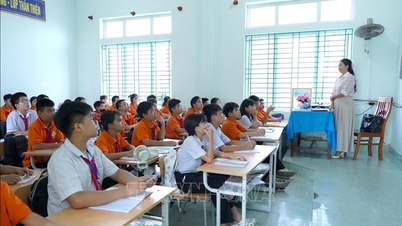

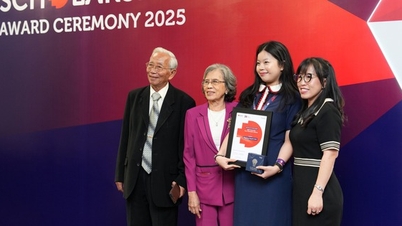


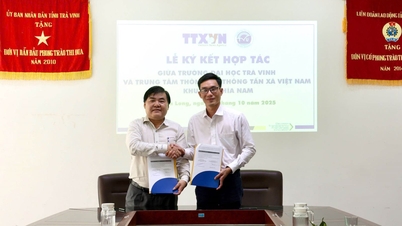




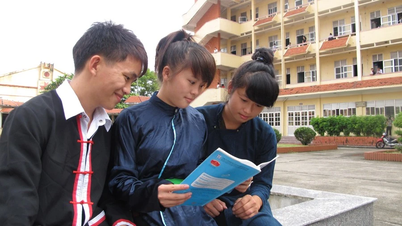




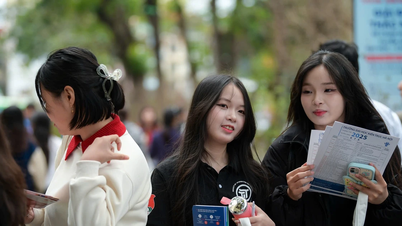







![[Video] TripAdvisor honors many famous attractions of Ninh Binh](https://vphoto.vietnam.vn/thumb/402x226/vietnam/resource/IMAGE/2025/10/16/1760574721908_vinh-danh-ninh-binh-7368-jpg.webp)
































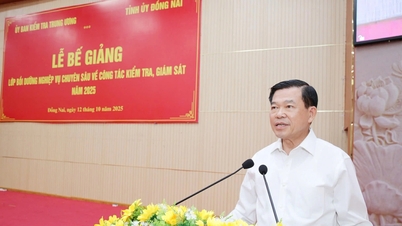






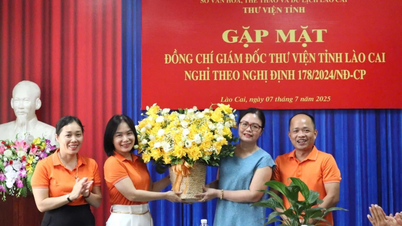






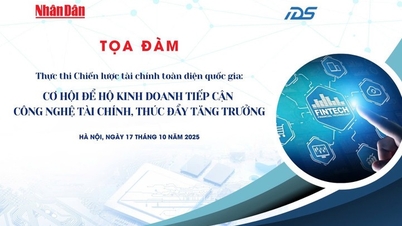
















Comment (0)